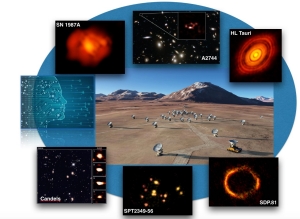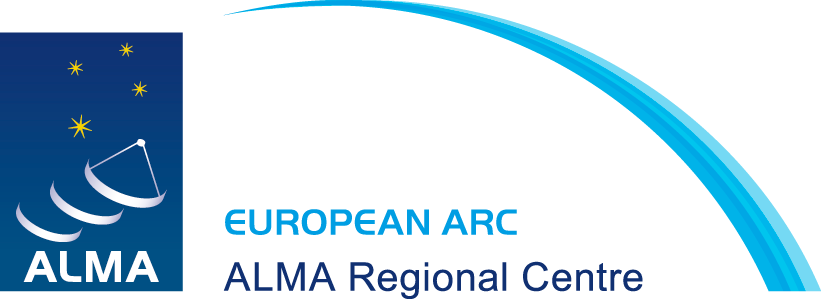The ESO internal ALMA development study "Bayesian Adaptive Interferometric Image Reconstruction Methods" officially started with a kickoff meeting in December 2020. This study investigates the feasibility of artificial intelligence methodologies to refine the CASA package in view of the ALMA 2030 roadmap.
ALMA 2030: Development Study on Bayesian Adaptive Interferometric Image Reconstruction Methods

A possible outcome of this study is that the tclean tasks can be tailored with the support of, e.g., Bayesian mixture models, information field theory and autoencoders. Current challenging issues as stopping thresholding, continuum subtraction, proper detection of extended emissions, separation of point-like sources from diffuse emissions, weak signal detection, analysis of mosaics and speed up procedures will be addressed while sharing knowledge and expertise within a large team.
The development will be a global effort between several research institutes and universities, based at ESO, JAO, Max Planck Institutes (IPP, MPA, MPE, MPIfr-Bonn), NRAO, as well as the University of Naples and Florence, the Italian National Institute for Astrophysics and the Scuola Normale Superiore.

